By Sunita Pant Bansal
--This textual content refers to an alternative Kindle Edition edition.
By Sunita Pant Bansal
--This textual content refers to an alternative Kindle Edition edition.
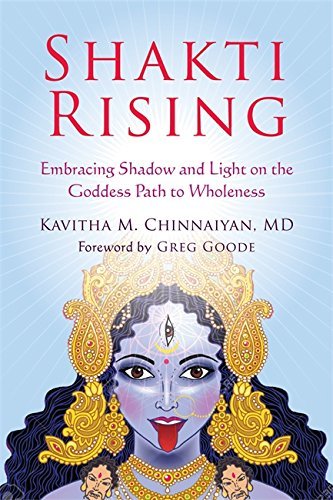
By Kavitha M. Chinnaiyan,Greg Goode
The knowledge of the Mahavidyas, the 10 knowledge goddesses who characterize the interconnected darkness and lightweight inside we all, has been steeped in esoteric and mystical descriptions that made them look inappropriate to dull existence. yet with this booklet, written by way of a revered heart specialist who chanced on herself on a religious look for the top fact, you’re invited to discover this old wisdom and find out how it may be utilized to day-by-day struggles and triumphs—and the way it might help locate unreserved self-love and acceptance.
The pursuit of contentment is an innate a part of the human adventure, bobbing up from a basic feel of lack or inadequacy—all the issues we think to be incorrect with us once we examine or pass judgement on ourselves. In our look for peace and happiness, we might locate ourselves battling the shadows inside us, attempting to repress or disown sure features, specially our anger, violence, pain, yearning, and unhappiness. yet with a view to cease this struggle, we needs to extend our realizing past the dualities of fine as opposed to undesirable, correct as opposed to flawed, and lovely as opposed to grotesque, and settle for the elements of ourselves we’ve attempted to deny.
Pulling from jap traditions together with tantra and yoga, and targeting the female precept of divine power sometimes called Shakti, this e-book bridges the divide among dualistic recommendations and non-dual philosophy. via exploring the symbolism of the Mahavidyas (Kali, Tara, Tripurasundari, Bhuvaneshwari, Tripura Bhairavi, Chinnamasta, Dhumavati, Baglamukhi, Matangi, and Kamalatmika)—each with a veiled face representing a harmful caliber that perpetuates lack of expertise and affliction, and a real face representing the knowledge that stimulates profound transformation and liberation—you’ll discover ways to include and include each element of who you are.
With practices, self-inquiry activates, and tales from the author’s personal non secular looking, this exploration of the divine female will lightly exhibit the resource of your worry, soreness, and anguish, displaying you that after you permit these components of your self to come up and easily be, you could ultimately start to heal, triumph over your barriers, and open to the sunshine and wonder of your real nature.

By Andrew Nicholson,Andrew J. Nicholson
Some postcolonial theorists have argued that the belief of a unmarried method of trust often called "Hinduism" is a production of nineteenth-century British imperialists. Andrew J. Nicholson introduces one other standpoint: even supposing the assumption of a unified Hindu id isn't as old as many Hindus declare, it has its roots within the thoughts of South Asian philosophy from the fourteenth to 17th centuries. Thinkers handled the philosophies of Vedanta, Samkhya, and Yoga and the deities Visnu, Siva, and Sakti as all belonging to a unmarried procedure of trust and perform& mdash;rivers prime into the sea of Brahman, the final word reality.
Drawing at the paintings of philosophers from overdue medieval Vedanta traditions, together with Vijnanabhiksu, Madhava, and Madhusudana Sarasvati, Nicholson exhibits how thinkers portrayed Vedanta philosophy because the final unifier of various trust platforms. This past due medieval undertaking cleared the path for later visionaries, equivalent to Vivekenanda, Radhakrishnan, and Gandhi, whose teachings promoted the concept all international religions belonged to a unmarried religious solidarity. Nicholson revisits monism and dualism, theism and atheism, and orthodoxy and heterodoxy, and he evaluations such formulation as "the six orthodox structures" that experience labored their manner into sleek wondering Indian philosophy.

By Sri Aurobindo
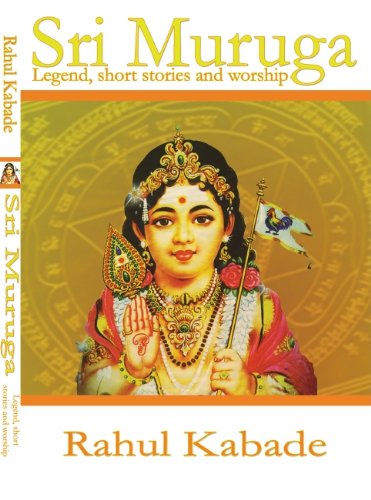
By Rahul Kabade
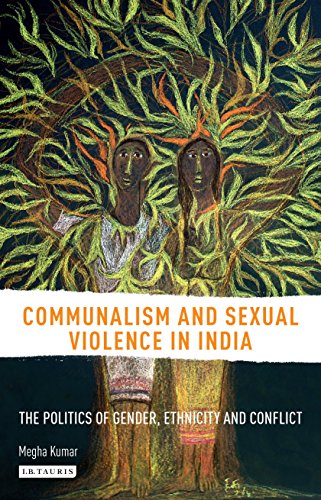
By Megha Kumar
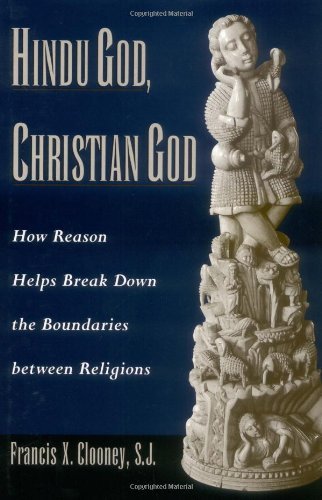
By Francis X. Clooney
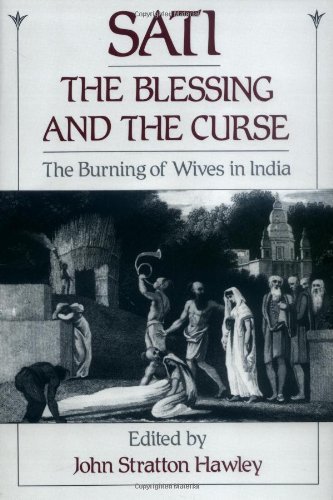
By John Stratton Hawley
In this quantity a bunch of top students ponder the numerous meanings of sati: in India and the West; in literature, paintings, and opera; in faith, psychology, economics, and politics. With individuals who're either Indian and American, it is a certainly binational, postcolonial dialogue. participants contain Karen Brown, Paul Courtright, Vidya Dehejia, Ainslie Embree, Dorothy Figueira, Lindsey Harlan, John Hawley, Robin Lewis, Ashis Nandy, and Veena Talwar Oldenburg.
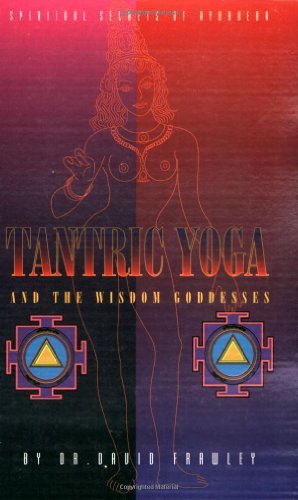
By Dr. David Frawley
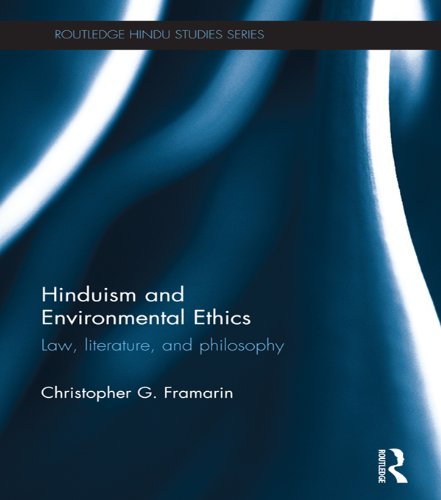
By Christopher G. Framarin
This ebook argues that the traditional arguments for and opposed to the declare that yes Hindu texts and traditions characteristic direct ethical status to animals and crops are unconvincing. It offers cautious, large, and unique interpretations of passages from the Manusmrti (law), the Mah?bh?rata (literature), and the Yogas?tra (philosophy), and argues that those texts characteristic direct ethical status to animals and vegetation for no less than 3 purposes: they're sentient, they're alive, and so they own quite a number different correct attributes and abilities.
This booklet is of curiosity to students of Hinduism and the surroundings, faith and the surroundings, Hindu and/or Buddhist philosophy extra greatly, and environmental ethics.